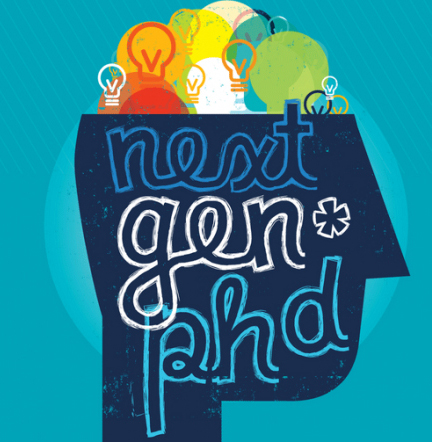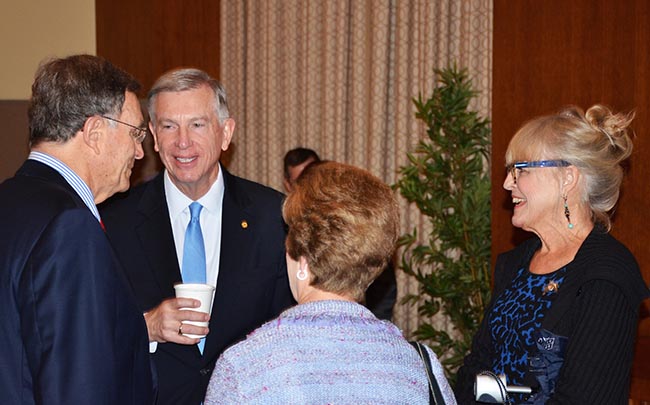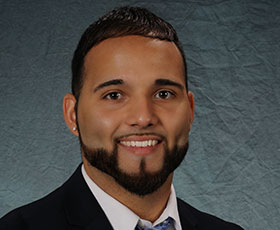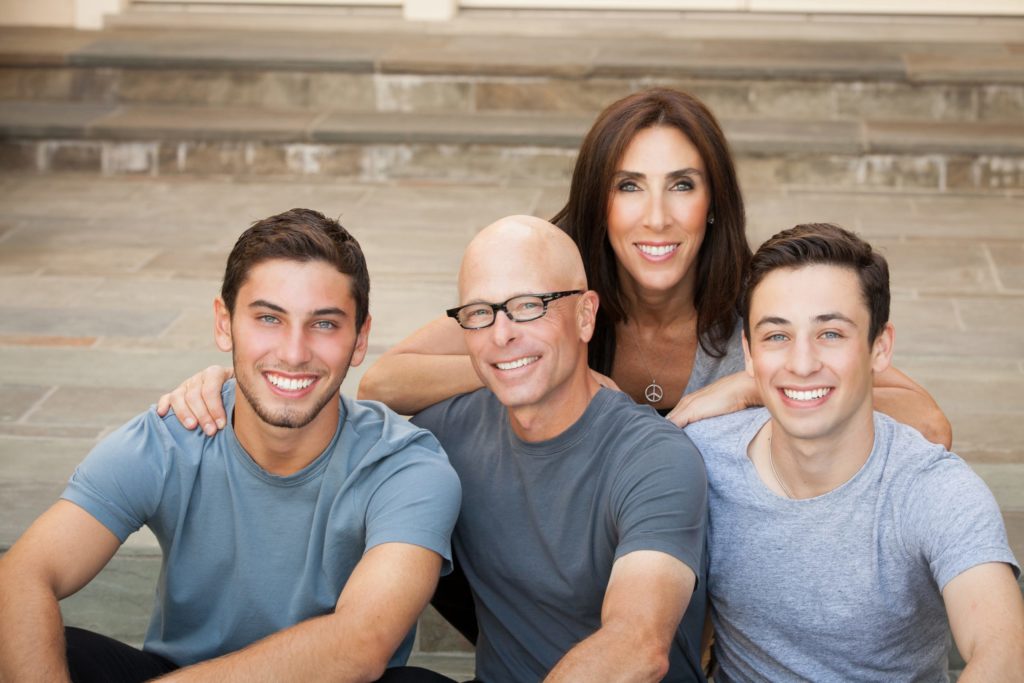The Mellon-funded Humanities for the Public Good initiative awarded 10 graduate students in the College of Arts & Sciences Professional Pathways Fellowships to focus on socially engaged summer public humanities projects. We asked three of the fellows to tell us about their summer projects in this back-to-school series.
Anne Fertig (English and comparative literature) is expanding the work of the Jane Austen Summer Program into the Durham community by partnering with Durham community libraries to run book groups throughout the 2019-2020 year that expand local readers’ appreciation of female novelists (other than Austen) in the 19th century.
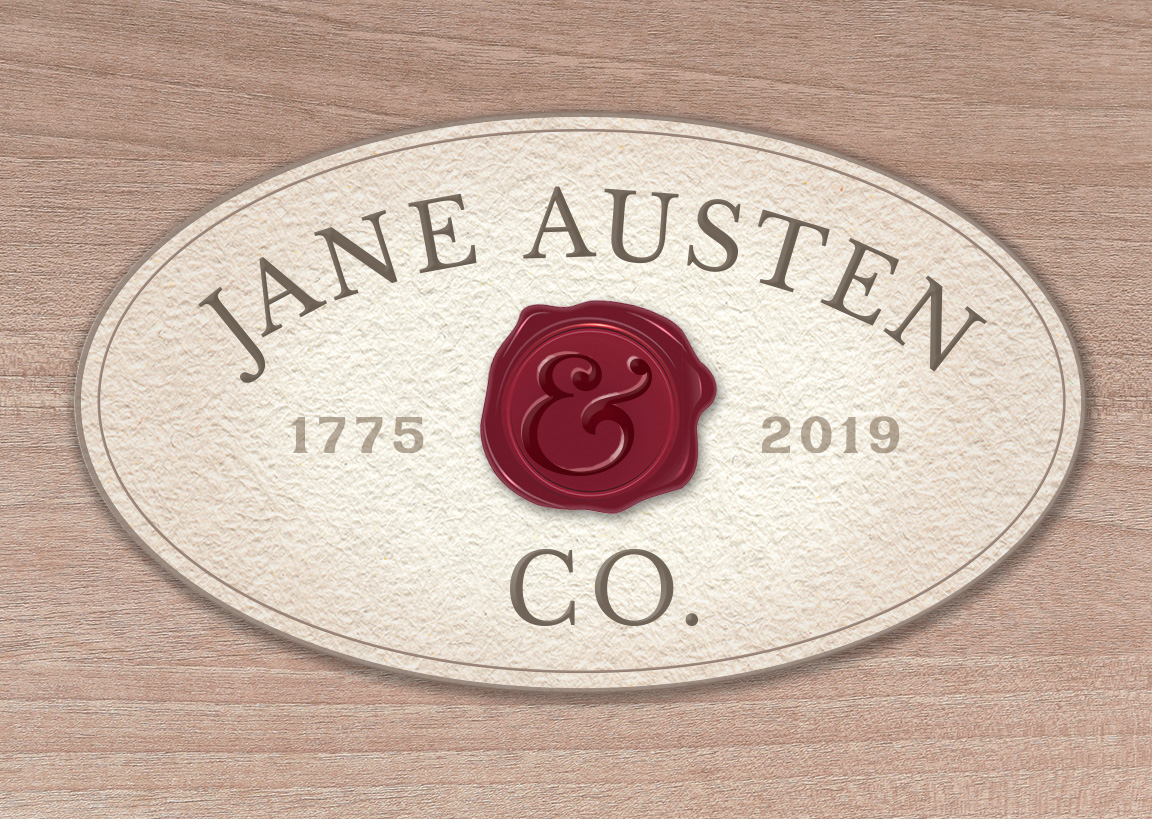
Q: What is your area of research focus?
A: My field is 18th century British literature.

Q: Can you briefly describe the scope of your summer project?
A: In partnership with the Jane Austen Summer Program and Durham County Library, I developed a literary-focused series of summer events called “Austen and Company.” This series is centered around female historical authors roughly contemporaneous to Jane Austen to encourage people to read and engage with lesser-known historical texts. Each session will feature a short presentation by a UNC scholar followed by public discussion and activities. We also held an event this summer called “Games and Play in Austen’s England,” where we learned about games in Austen’s novels. We even got a chance to play games like whist and spillikins!
Q: What did the fellowship allow you to do? How did financial support help the project?
A: The fellowship and financial support gave me the time to really dedicate myself to planning the series. In addition to arranging dates and speakers, I had to outline the scope of the series, design the program, market the events, write grants for book donations and coordinate with my supervisor at Durham County Library. I had the time and space to experiment with ideas and garner public feedback, which was crucial to the development of the series.
Q: What are the public implications of this project? Are you producing a “product” that is based on the research?
A: Many of the authors we will be reading are not traditionally read outside of academia. Through this project, we hope to increase awareness of women writers while engaging the public in literary discourse. Each session will feature a short talk by a UNC scholar followed by public discussion and activities. Most of the program will be centered around audience participation, and we hope that our participants will enjoy discussing authors and themes that they might not have encountered before.

Q: What about public humanities work appeals to you?
A: I really enjoy the diversity of perspectives that you get when talking to community members. Furthermore, public humanities forces me to make connections between my own research and needs of the real world.
Q: What’s next? How will you further integrate this into your teaching, research and service?
A: My research focuses on historiography, which refers to the way in which we write and read history. As such, it’s important for me to engage with the ways that history is understood and represented in our own communities. Our first official event begins in October, and then our second will be in November. I’m really excited to see how the series will unfold once we start. Furthermore, I’m hoping to take the feedback from our fall sessions and improve the series for two more sessions in the spring.
Q: What advice would you give to other students seeking to do public humanities work?
A: If you have an exciting idea, don’t feel afraid to reach out to people at libraries, theaters or other public institutions. You never know who might be interested in helping you organize a project!
Interview by Kim Spurr

